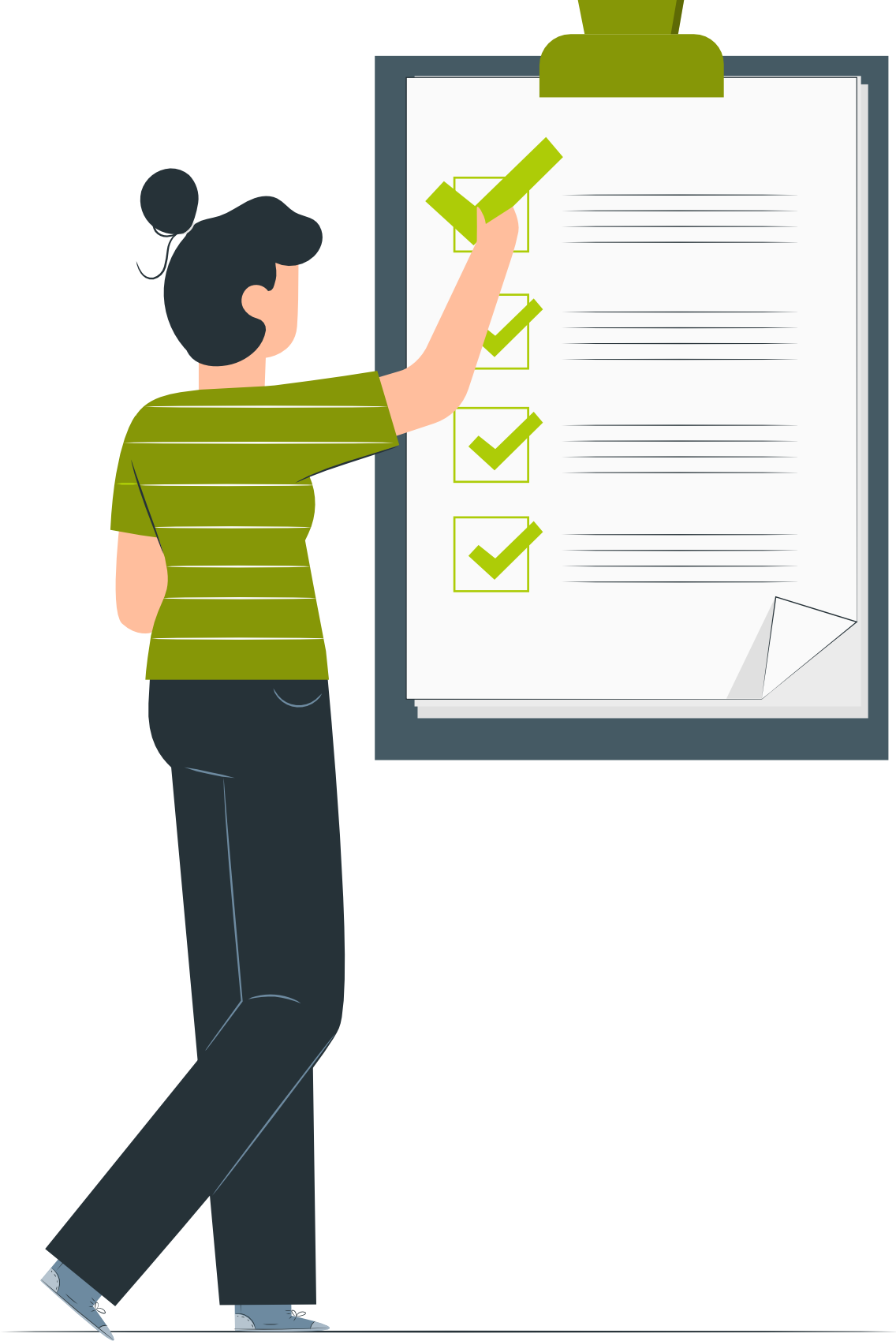Relaxation and mindfulness
There is plenty of evidence showing that relaxation and mindfulness are good for us. We know they can reduce stress, improve mood and concentration, lessen pain and help with difficult situations and times.
So how can busy carers learn to relax – and what exactly is mindfulness?

What is relaxation?
Relaxation happens when you or someone else guides you to unwind the tension and tightness within your body and mind.
It often involves using breathing skills and focusing on relaxing images, colours or experiences.
Learning relaxation can be easier than you expect, although it does take practice.
We’ve put together some ideas for how you can start practising relaxation:
How to develop your relaxation skills

Discovering relaxation:
Jacky and Dave’s story
Jacky was in a mega struggle with stress, bill payment problems and competing commitments.
Her friend Dave lent her a CD with some relaxation tracks, saying “Give it a go. It really helps; don’t do all the tracks at once though! Choose one track and explore it.”
That night, to help her sleep, she followed the muscle / breathing track from the CD. She was drifting off when her relative called for help to get to the toilet.
Jacky felt irritated as she was feeling quite soothed and comfortable. She listened again to the same track and fell asleep. She had a sense she was more rested in the morning.
Dave rang that day to find out how she had got on.
He was glad to hear that Jacky had a better night.
He suggested that she explore more of the CD and: “Find your two or three best tracks and work with them for a few weeks. I use the breathing one at work. No one notices and it is gets me through the busy times on the job.”
What is mindfulness?
Mindfulness is about the kind of awareness that you bring to a situation. It means being in control of what you pay attention to, and for how long. It can be a helpful way of managing distress and focusing on enjoyment.
The aim is to be in a ‘state of mind’ that is more helpful. This state of mind helps the brain to soothe and calm.
Mindfulness aims to balance ‘reasonable’ and ‘emotional’ thinking. It uses a ‘wise mind’ thinking approach to being with yourself as you are in your life, in the here and now.
Mindfulness is being aware of your body and mind in the “now”. It is about noticing what you think, feel or want at this moment without being critical or judging yourself.
-
Mindfulness can be about exploring with all your senses: taste, touch, sound, sight and smell.
-
It guides you to see your thoughts as events in the mind rather than facts or truths.
-
It allows you to choose how to respond to your thoughts rather than react to them.
-
It helps you make kinder choices on how to manage your situation.
We know from research that mindfulness helps us to live better. It also helps the brain to work better in many different ways, like improving memory or helping with attention so you focus and concentrate better. It is good for learning problem solving and being creative, so helps self-management.
Mindfulness practice helps to reduce stress hormones and so lessen unhelpful emotions.
We’ve put together four useful exercises that you can do to experiment with mindfulness . . .
Experiment with mindfulness
Jan’s moments of mindfulness
“It was a wet, cold day and I wasn’t keen to do my regular walk. I’d had a bad night and a busy morning. But I knew from experience that if I missed my walk I would get irritable with my relative.
Somehow, I found the energy to put on my waterproof gear and stepped out into the stormy day.
Soon I was splashing through puddles and being whirled along by the wind. I started to take a real interest in everything around me. I noticed the catkins dancing and pussy willows softly gleaming in the rain. My path led across a field where gulls and crows were feeding. They let out great squawks of annoyance at being disturbed as they took to the air. The gulls whirled round in the wind before settling down again. The crows tried to fly in a straight line to a tall tree, the wind forcing them into zigzag patterns against the sky. I love to watch birds so I waited as they settled down on the field to feed again. Time stood still.
Then I noticed I had been standing for too long so headed for home. As I went indoors I noticed my mood was lifted, I felt calmer and re-energised.
I suddenly realised – this must be what people mean by mindfulness!”
Relaxation and mindfulness resources
Mindfulness self-compassion
For a mindfulness self-compassion approach to pain and life struggles.


Oxford Mindfulness Foundation

Relaxation and mindfulness
Key ideas
✔ Relaxation and mindfulness are good for us
✔ Learning relaxation can be easier than you expect, although it does take practice
✔ Mindfulness can be a helpful way of managing distress and focusing on enjoyment
✔ Mindfulness practice helps to reduce stress hormones and reduce unhelpful emotions
Next footstep
